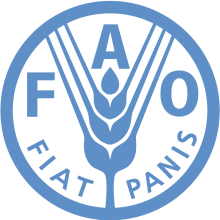Resource information
El año 2014 fue declarado oficialmente por la Asamblea General de las Naciones Unidas como “Año Internacional de la Agricultura Familiar” (AIAF), para poner de relieve el papel primordial que juegan los agricultores familiares en la mitigación del hambre y la pobreza, su contribución a la seguridad alimentaria y a la nutrición, la mejora de los medios de vida, la gestión de los recursos naturales, la protección del medio ambiente y la consecución del desarrollo sostenible, especialmente en zonas rurales. La meta fijada por el AIAF 2014 fue reposicionar la agricultura familiar en el centro de las políticas agrícolas, ambientales y sociales en las agendas nacionales, identificando lagunas y oportunidades para promover un cambio hacia un desarrollo más equitativo y equilibrado. Uno de los principales objetivos del AIAF consistió en establecer plataformas para el diálogo político con las organizaciones de agricultores con el fin de generar consenso y crear e implementar políticas eficaces en apoyo a la agricultura familiar. La plataforma de dialogo y sensibilización que se utilizó en la República Dominicana fue el Comité Nacional de Agricultura Familiar, un equipo integrado por representantes del sector gubernamental, no gubernamental, organismos internacionales y grupos comunitarios, que trabajó hombro con hombro para sentar las bases de una nueva política pública de agricultura familiar que se sostuviese en el tiempo y beneficie a este importante sector que tiene la encomiable tarea de suplir de alimentos al resto de la población. Esta publicación es una recopilación de las distintas actividades realizadas por este grupo multisectorial durante todo el Año Internacional de la Agricultura Familiar.


